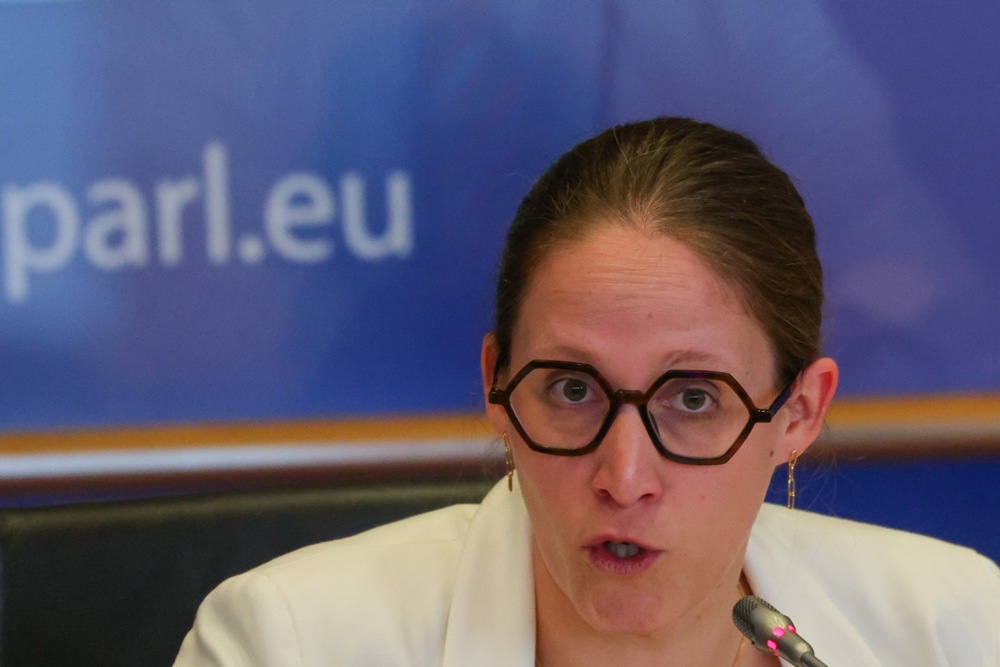Sweden’s National Audit Office (NAO) is highly critical of the Swedish Government and its “green” energy transition in its latest audit report.
The NAO said Stockholm’s impact assessments were “inadequate” and noted that the government had made decisions that have adversely affected the nation’s electricity system.
“This applies to decisions regarding power taxes, the electricity certificate system and energy and carbon taxes for cogeneration within the EU Emissions Trading System,” it said.
Between 2015 and 2020, the progressive government of Sweden closed down four nuclear power reactors, cutting off 17 TWh in annual production. In the same period, it added around 11 TWh of wind power.
That resulted in a geographical change putting strain on the electricity grid as the power plants were based in the South and new wind farms are being developed in the North of the country.
Sweden is trying to fix the many problems stemming from this, but the auditor was still critical. It said Sweden’s impact assessments were particularly inadequate regarding supply security and competition among energy sources in the electricity market.
A major problem with variable production is that it cannot be planned for and is usually not regulated as it consists of power output that is dependent on the weather. That includes both wind and solar power.
The Swedish Government is accused of not adequately having co-ordinated decisions on measures affecting the electricity system with how the consequences of those decisions should be managed.
A government plan for handling the effects of such is labelled as “insufficient”.
The NAO pointed out that both the government and SVK have been “alarmingly reactive rather than proactive” in handling the fallout from their decisions.
It said a case in point was what it called the government’s knee-jerk reactions to negative consequences, hastily amending policies on power taxes, waste incineration taxes and carbon taxes when problems arose.
It asserted that SVK’s “sluggish” expansion of the transmission network has fallen far short of what is needed. The NAO argued that SVK should have taken swift action to bolster transmission capacity within the existing network to avert looming crises.
The audit office insisted that fundamental questions demanded answers. It emphasised that decisions on new international connections and the configuration of supplementary markets within the electricity sector required a “principled” examination.
It underscored the imperative need for principled guidelines and a strategic outlook to determine which supplementary markets should be established to avert potential future crises regarding power shortages and unfair competition.
Scenarios for future electricity use have “soared” as a result of planned investments in new “green” industries and computer data centres, the auditor said. During the winters of recent years, electricity prices have been high across the country but especially so in the South.
Christian Sandström, an assistant professor affiliated with the Research Institute of the Swedish Economy, earlier criticised Swedish policy, linking it to the failures with the European Union Green Deal as its strategies and budgets trickle down to the Member States.
“Historically, we have seen how the combination of EU money and funding from the Swedish Energy Agency creates a breeding ground for ‘green bubbles’,” Sandström said.
“When policies depart from principles of technology neutrality and make large amounts of money available for individual technologies, incentive structures are distorted.”
He said that EU money crowded out other solutions and led to misguided investments, citing ethanol production, ethanol-powered cars, biogas and wind power as recent examples that all resulted in losses and write-downs.
Sandström said it was “quite clear” that the large investments in both offshore wind and hydrogen gas in Sweden were the result of “free money”.
He concluded that “When environmental and industrial policies merge, principles of fair competition and technological neutrality are abandoned.
“The result is corporatism and an imminent risk of economies being locked into the wrong technological solutions.”
On September 19, the European Court of Auditors also warned about the environmental impact of offshore wind farms. It referred to what it called a “green dilemma” regarding them, as offshore wind power is “key for the EU’s green transition but its development may damage the marine environment”.





